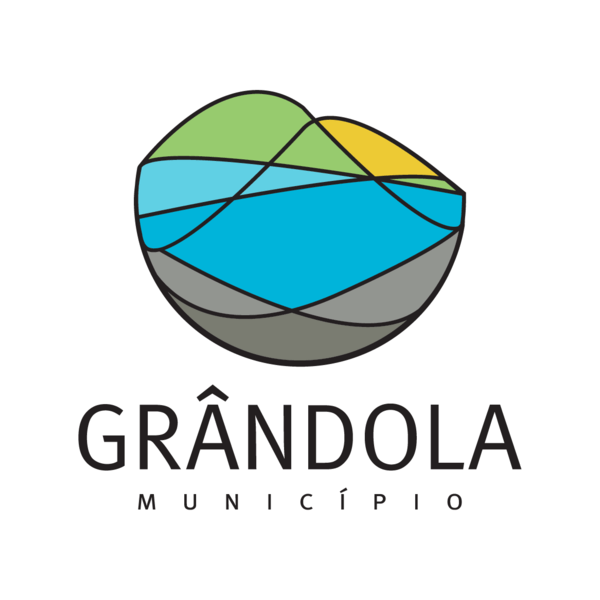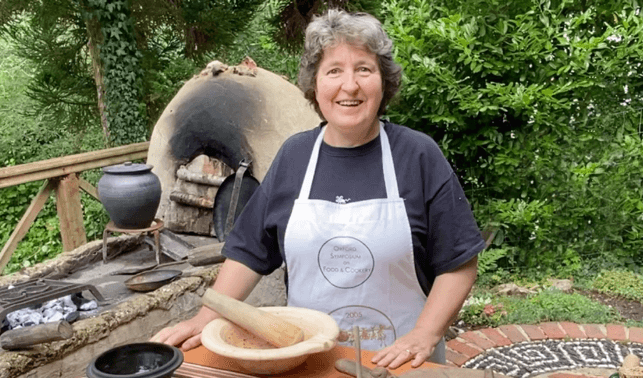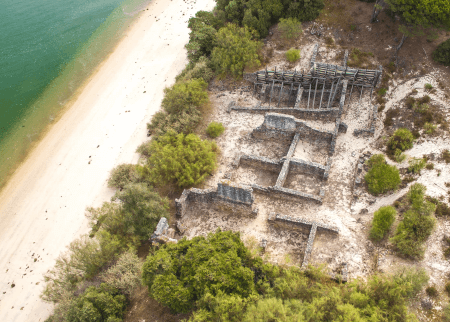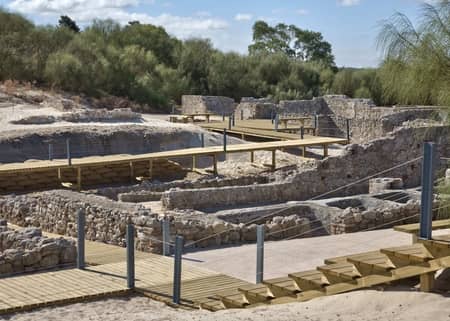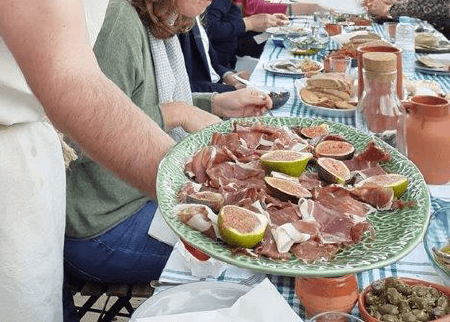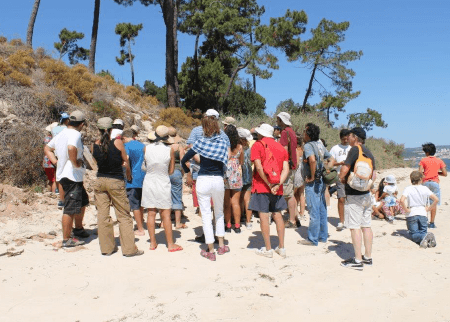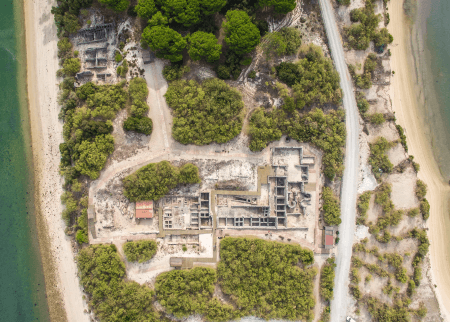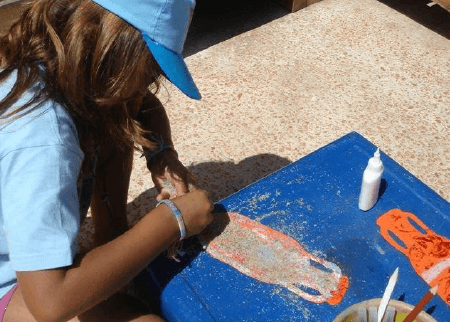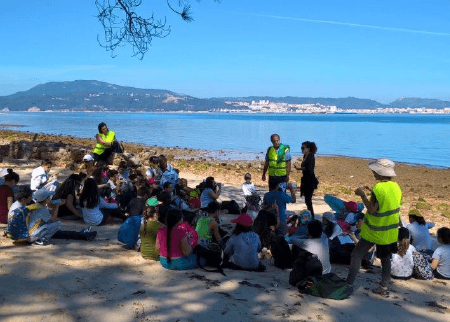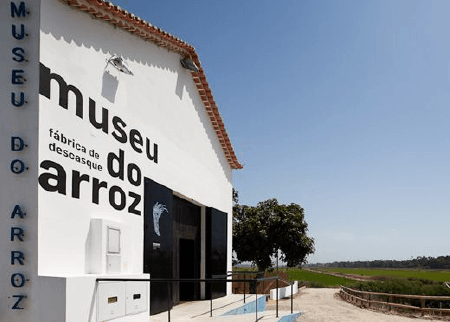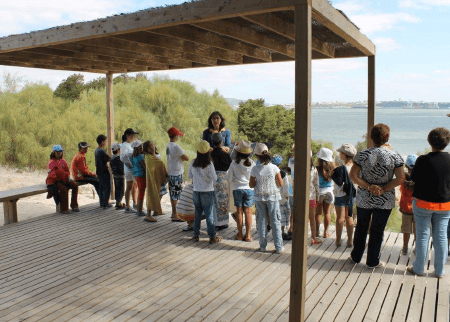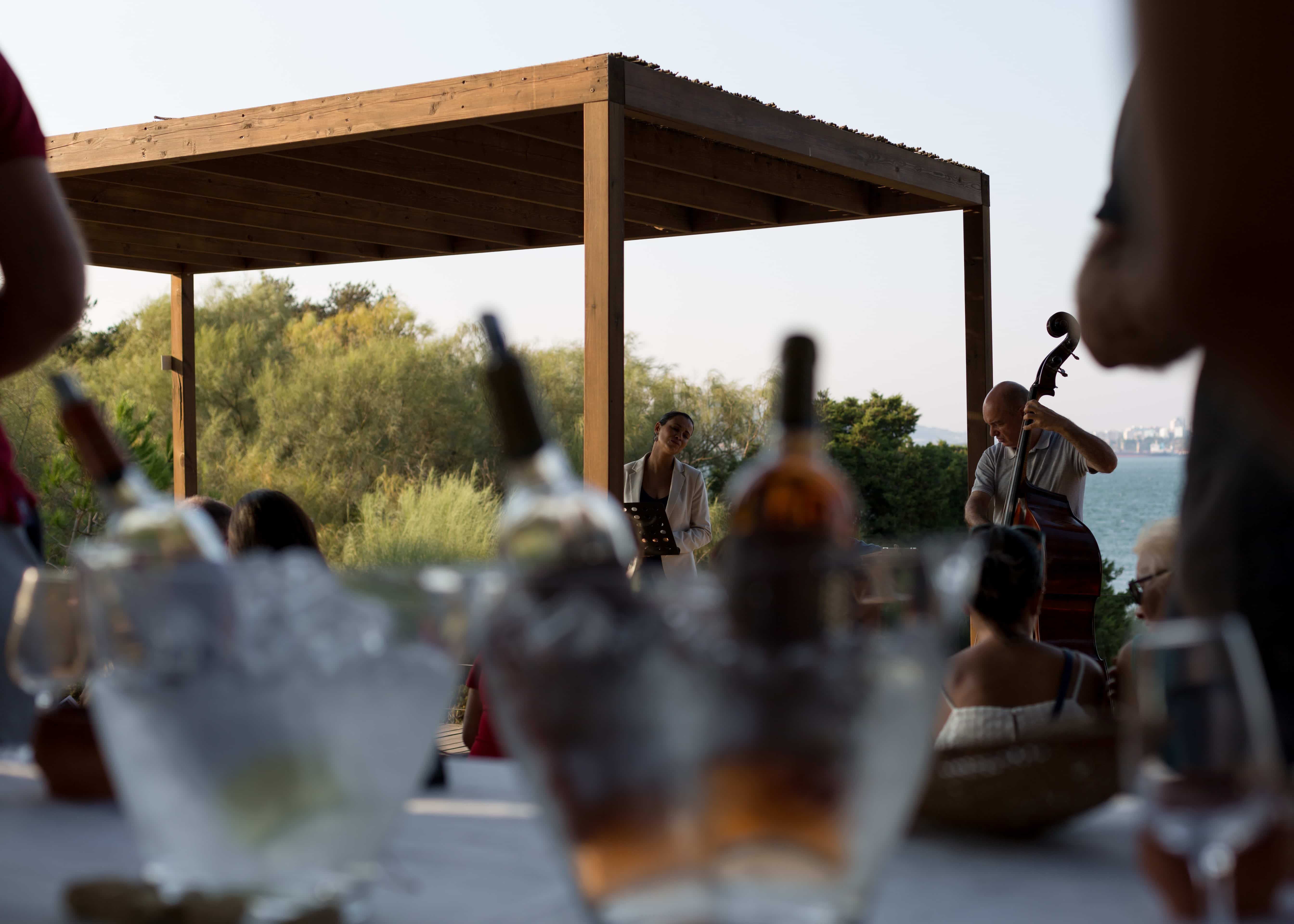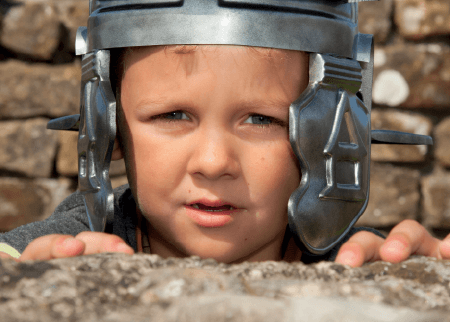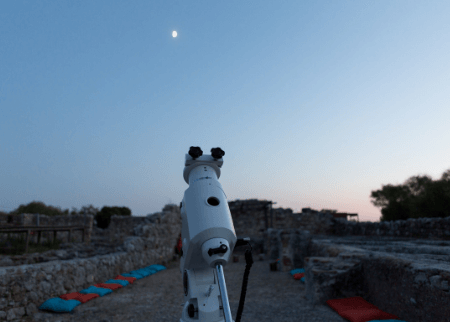The Roman Ruins
A peninsula with history.
Discover the Acala island, as it was known in the days of Ancient Rome. A few minutes from Troia’s central area, travel back in time to the ruins of the largest center of fish-salting industry known from the Roman Empire, occupied until the 6th century. Wander among ruins of factories, tombs and tubs for hot and cold baths. New vestiges are being discovered every year, which you can see in the archaeological exhibitions, guided visits and thematic events. When you take a break from the beach, golfing or the marina, get a sense of Troia’s past and the history that shaped this area over time.
Support
Contacts:
Email: arqueologia@troiaresort.pt
Telephone: +351 939 031 936
National Monument in the world heritage tentative list by UNESCO..
Opening hours & Pricelist
OPENING HOURS
JUNE & SEPTEMBER
Open from Wednesday to Saturday
Schedule: 10.00am – 1.00pm | 2.30pm – 6.00pm
JULY & AUGUST*
Open from Tuesday to Saturday
Schedule: 10.00am – 1.00pm | 2.30pm – 6.00pm
*Closed from 1 to 6 August due to “Nossa Srª Rosário de Tróia” celebrations
Guided tours
July and August – Wednesday and Friday at 10.30am
All year
The Roman Ruins open for groups (minimum 10 people), schools and other activities
PRICELIST
SELF-GUIDED VISIT
- Standard ticket: 6,00€
- Students, > 65 years old, hikers, bikers and groups: 5,00€
- Under 12 years old: free
GUIDED TOUR
- Standard ticket: 7,50€
- Students, > 65 years old, hikers, bikers and groups: 6,00€
- Under 12 years old: free
Agenda
What to do?
School Programmes
Hike
6 hours
5€ per student
A walk on the beach to see the Roman vestiges that are not usually accessible to visitors.
Fish-salting
and rice
2 hours
5,5€ per student
Guided tour to the Roman Ruins and to the Comporta Rice Museum.
These programmes offer a special price of 3.80€, ticket cost for crossing the river Sado with Atlantic Ferries.
CEAACP – TROIA SUMMER SCHOOL
AFAR PROJECT
The AFAR – Troia Summer Project is an archaeological fieldschool program offering students the opportunity to participate in the scientific archaeological project from the largest fish-salting center in the Roman Empire.
This Project is a collaboration between the Archaeology, Arts and Heritage Sciences Study Centre (CEAACP) of the University of Coimbra, the American Foreign Academic Research and TROIA.
SWAD PROJECT
The Roman Ruins of Troia are an extremely rich site, where a diversity of artifacts illustrating the trade and economy of Roman times have been collected.
This project offers a practical experience with the materials of the recent excavations, mainly Roman pottery, but also fauna and metals.
Students will learn about important tasks such as inventory, drawing and photography, as well as some notions about conservation. Students will contribute to the discovery and interpretation of the largest fish salting center in the Roman Empire.
